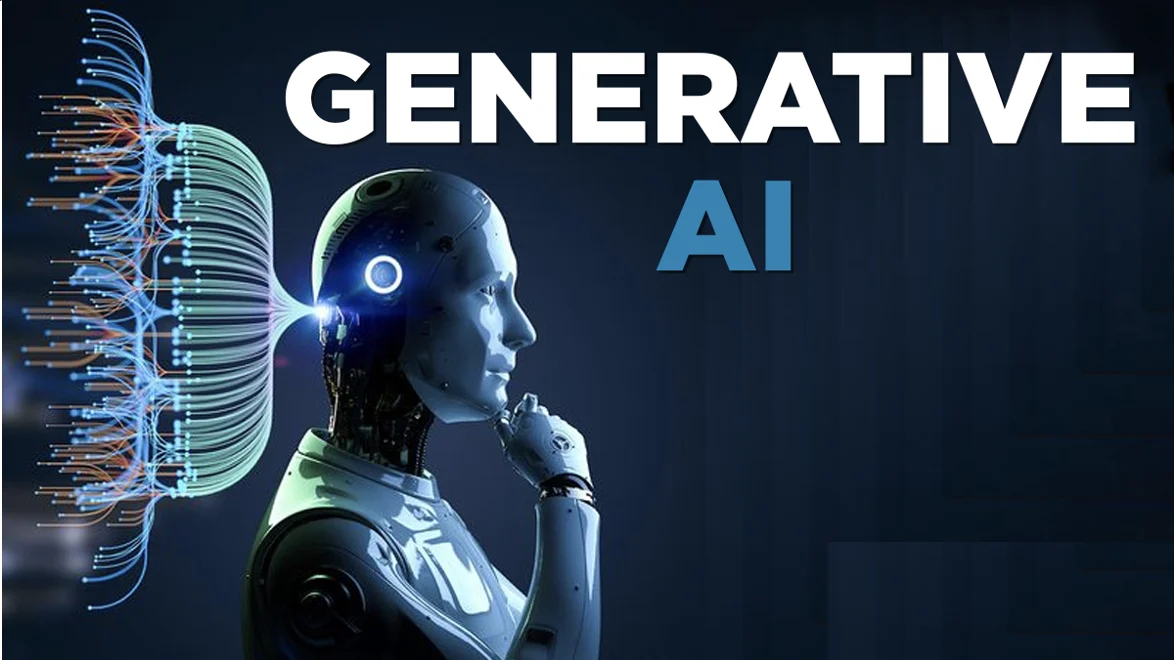Transforming IT Operations with Generative AI: The Future of Intelligent Automation
Introduction: A Paradigm Shift in IT Management
Information Technology (IT) teams are under more pressure than ever. From managing legacy infrastructure to integrating new technologies and responding to user demands, the complexity of IT operations has skyrocketed. Amid these challenges, Generative AI has emerged as a transformative force, reshaping how IT functions—from ticket resolution to system monitoring and knowledge management.
Businesses looking to future-proof their tech operations are increasingly turning to AI-powered tools. One compelling solution is the application of generative AI in information technology to streamline repetitive tasks, enhance decision-making, and reduce operational costs.
How Generative AI Streamlines IT Workflows
Automating Routine Tasks
Generative AI can automate mundane but critical activities such as password resets, log analysis, patch management, and performance reporting. Instead of manual intervention, AI systems handle these processes instantly, freeing IT professionals to focus on strategic initiatives.
Smart Ticket Resolution
AI-driven IT support systems can understand user queries, classify tickets, suggest resolutions, or even resolve incidents autonomously. These systems learn from past data to improve accuracy and reduce Mean Time to Resolution (MTTR).
See also: Introduction to EMDR Therapy and Its Effects
Intelligent Monitoring and Alerts
Generative AI agents help IT teams monitor networks and systems in real-time. They can detect anomalies, predict potential failures, and send alerts before issues escalate—enabling proactive management instead of reactive troubleshooting.
Benefits of Generative AI for IT Teams
1. Enhanced Productivity
AI reduces the cognitive load on IT staff by automating repetitive and manual tasks. This leads to faster turnaround times and optimized resource utilization.
2. Improved Decision-Making
AI tools generate actionable insights from large datasets. For instance, they can identify the root causes of frequent outages or recommend infrastructure upgrades based on usage trends.
3. Cost Reduction
Automation powered by generative AI minimizes human errors, reduces downtime, and streamlines service delivery—resulting in significant cost savings for enterprises.
4. Continuous Learning and Adaptation
These AI systems learn continuously from new data, user feedback, and changing environments, allowing them to evolve and improve without manual reprogramming.
ZBrain AI Agents: The Backbone of IT Automation
One standout platform accelerating AI adoption in IT is ZBrain. Its specialized Information Technology AI agents are designed to handle end-to-end automation of critical IT functions.
ZBrain’s IT AI Agent Capabilities
- IT Ticket Triage Agent: Automatically classifies, assigns, and prioritizes support tickets based on historical data.
- Knowledge Base Agent: Organizes and retrieves technical documentation and solutions, reducing dependence on manual search.
- Change Management Agent: Assists in documenting and managing infrastructure changes, improving compliance and governance.
- System Health Monitoring Agent: Uses AI to observe key performance indicators and predict system failures before they occur.
Use Cases Across the IT Landscape
Infrastructure Management
ZBrain agents can proactively identify capacity constraints, optimize resource allocation, and recommend infrastructure scaling strategies.
Cybersecurity and Threat Detection
Generative AI can enhance cybersecurity posture by analyzing threat patterns, detecting anomalies, and automating incident response workflows.
DevOps Automation
From CI/CD pipeline management to deployment optimization, AI agents can streamline DevOps activities, ensuring faster release cycles and more stable applications.
Challenges and Considerations
While the benefits are clear, implementing AI in IT requires a strategic approach. Key challenges include:
- Data Quality: Poor or incomplete data can hinder AI accuracy.
- Integration Complexity: Seamlessly embedding AI into legacy systems may need custom solutions.
- Change Management: Teams must be trained to work with AI tools and adapt their workflows accordingly.
ZBrain addresses these concerns with customizable agents, robust APIs, and user-friendly dashboards that simplify integration and team adoption.
The Road Ahead: Smarter, Faster, More Resilient IT
As organizations evolve, the demand for agile and intelligent IT operations will only increase. Generative AI is no longer a futuristic concept—it’s a practical solution delivering real-world impact.
By deploying purpose-built AI agents like those offered by ZBrain, IT leaders can unlock new levels of efficiency, accuracy, and innovation. Whether you’re looking to improve helpdesk responsiveness, automate server maintenance, or enhance analytics, now is the time to invest in AI-driven IT transformation.






